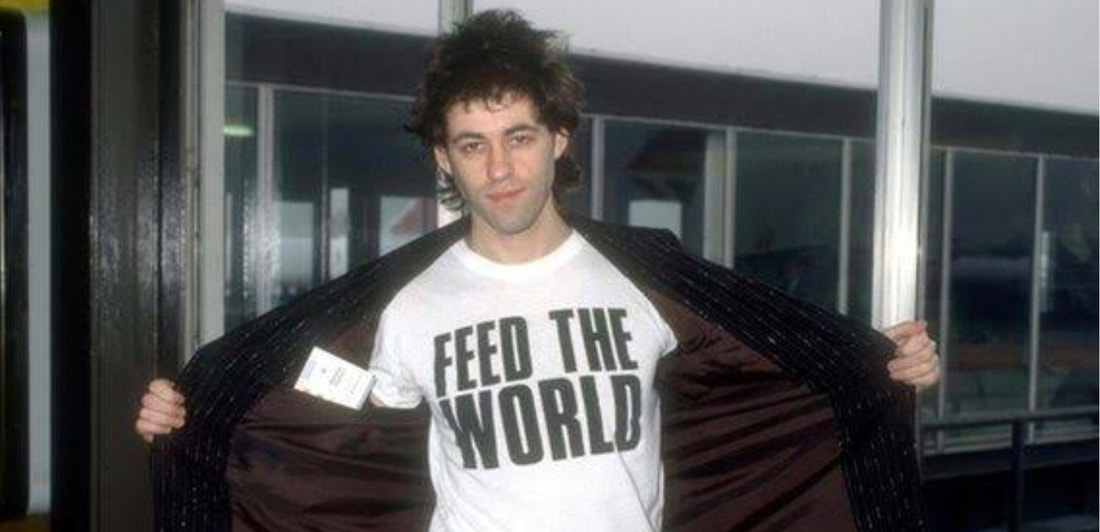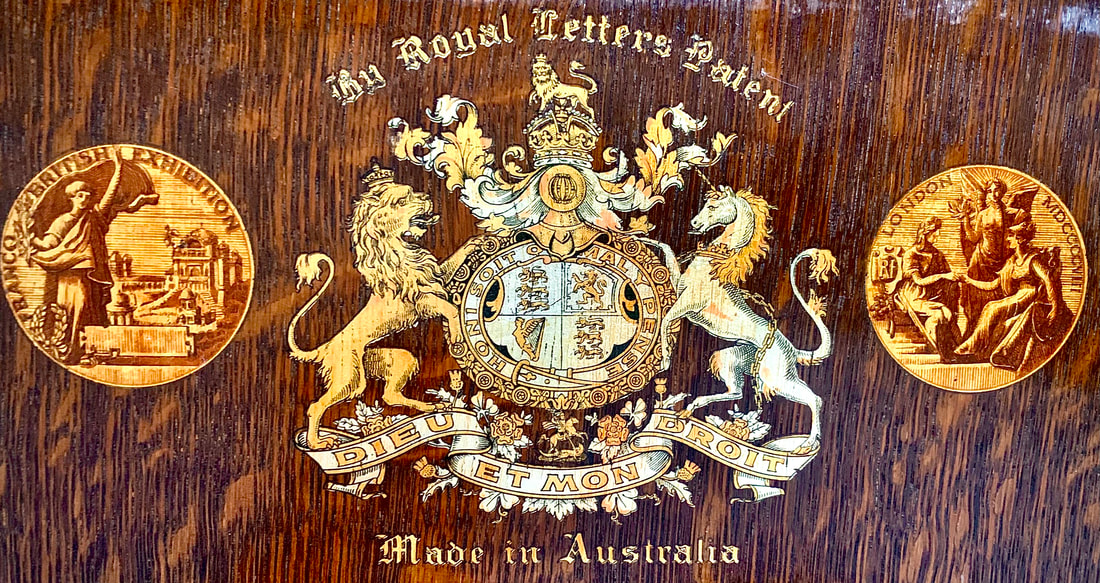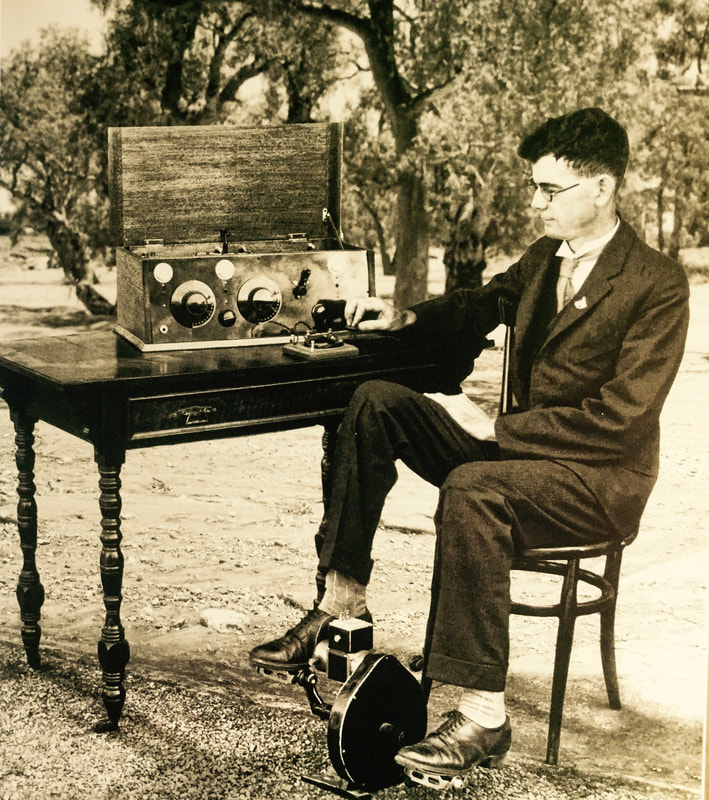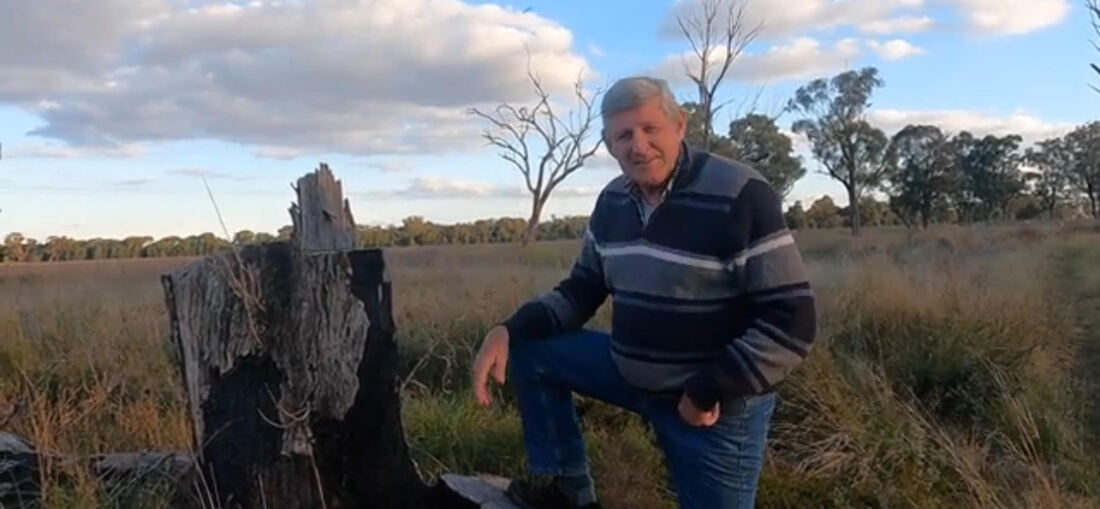|
I didn’t realise that the story of a native-born piano would jump at me out of the clean-up we were doing to prepare for our Storytelling Centre in Dubbo. Octavius Beale’s masterpiece was sitting dusty and neglected in a back room and here I was, asking myself, “Do I really need that thing in here?” How ignorant! It was my colleague, OJ Rushton, who opened my eyes to this story of a unique Aussie icon.
I discovered that apart from being a traveller skilled at languages, President of the NSW Chamber of Commerce and a fellow of the Royal Historical Society, Beale, an Irish-born Quaker just happened to design the first piano purpose-built for Australia! The Quakers were a small Christian sect known for building industries focussed on caring for their workers. So, it was no surprise to learn that in 1893 Octavius established Australia’s first piano factory in Sydney and grew it into the largest, not only in the southern hemisphere but also the British Empire in the early 1900s.
0 Comments
In July 1985, nearly 2 billion people across 150 nations joined in a rock concert. Organisers employed satellite technology to make it possible for forty percent of the world’s population to raise $127M in a phenomenal humanitarian effort to bring relief to Ethiopians dying from famine. Rock-star Bob Geldoff explained his purpose for the massive ‘Feed The World’ event. “We were able to address the intellectual absurdity and the moral repulsion of people dying of want in a world of surplus." It's a forgotten fact however, that long before, in a less connected world, an innovative visionary in Australia had hit on this same possibility of feeding the world. Twenty-one-year-old Englishman Thomas Mort stepped off The Superb onto the docks in Sydney Harbour in 1838, burning with the ambition to reverse his family’s financial ruin. In the space of forty years, his bold pioneering ventures had changed the face of Australia. He became one of NSW’s wealthiest men, but was never content to merely accumulate wealth. Someone summed him up as ‘perhaps Australia’s most ingenious early entrepreneur and greatest social benefactor.’  On Friday 1st August 1980, a simple three-word message broadcast on 6000 Flying Doctor transceivers sent a ripple of sadness across inland Australia. ‘Traeger is dead.’ Alfred Hermann Traeger died as he had lived - with quiet dignity behind the scenes. He shunned praise, but he has as many memorials as Nobel Prize winner and inventor of wireless telegraph, Guglielmo Marconi.
He was a revolutionary, but just didn’t know it. Painfully shy electrical mechanic Alf Traeger was working at his bench in an Adelaide workshop in June 1925, when a thin, bespectacled man burst in and asked, ‘Have you still got that generator?’ The surprised ham radio enthusiast sold his homebuilt machine to the preacher, who immediately strapped it to the side of his heavily-loaded Dodge Buckboard and set off on a rugged 2400km trek to Alice Springs. That startling moment launched of one of the most important partnerships in Australian history. This is the story of an Irish youth who arrived in Australia with nothing and died giving away a to benefit orphans, schools, universities, hospitals and churches. Samuel McCaughey was a genius. In the world of 19th century agriculture he fathered large scale irrigation works, was an innovator in the wool industry, designed and built earth moving equipment and was on the cutting edge of new technology. His vast sheep stations were among the largest in the world and featured beautifully built homesteads and out buildings - again of his own design. WATCH as Paul tells his story.
|
AuthorJoin The Outback Historian, Paul Roe, on an unforgettable journey into Australia's Past as he follows the footprints of the Master Storyteller and uncovers unknown treasures of the nation. Archives
October 2023
Categories
All
|
|
Sponsored by
|
Privacy Policy
|
|
Copyright 2020 by The Outback Historian
|
Site powered by ABRACADABRA Learning
|




 RSS Feed
RSS Feed

